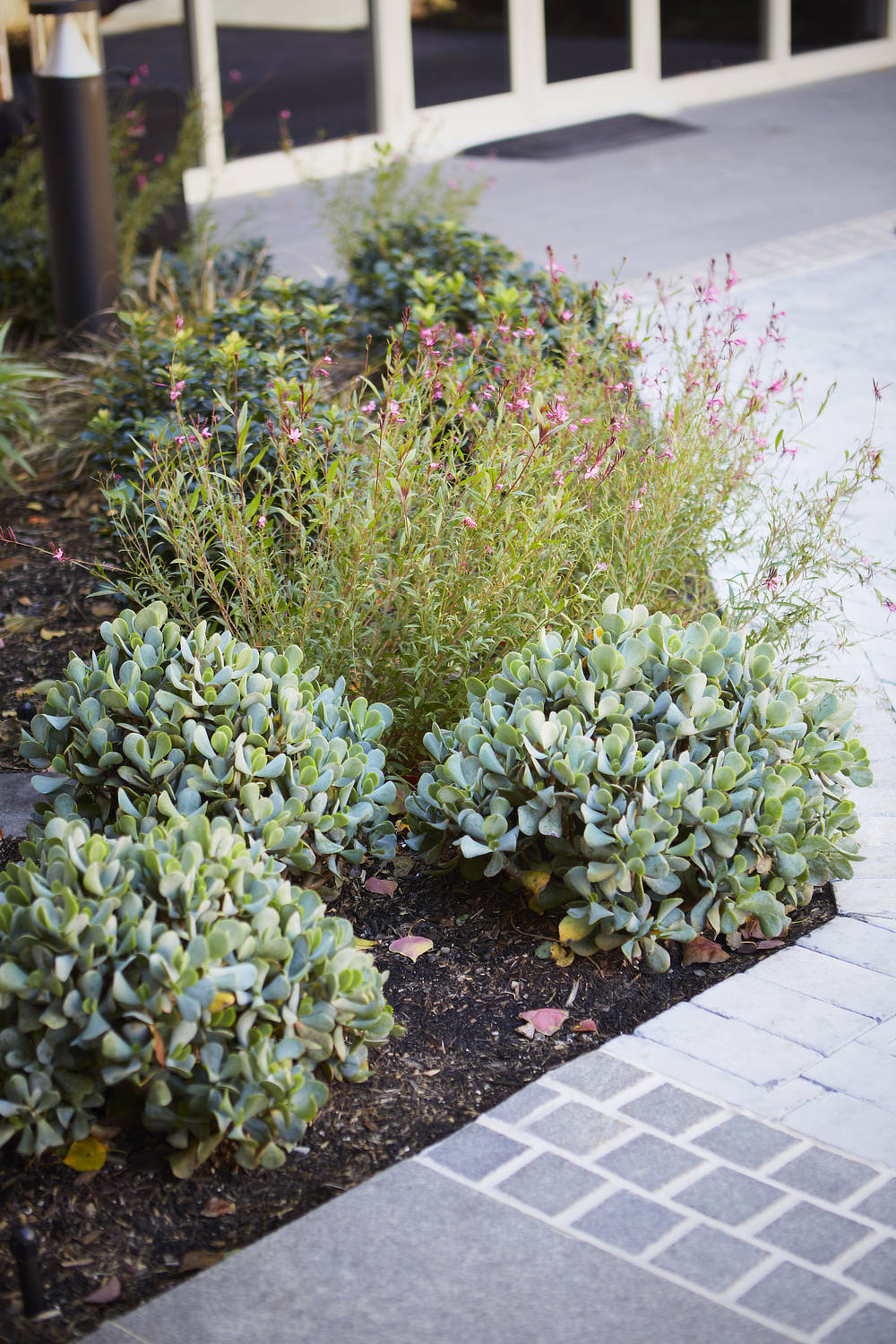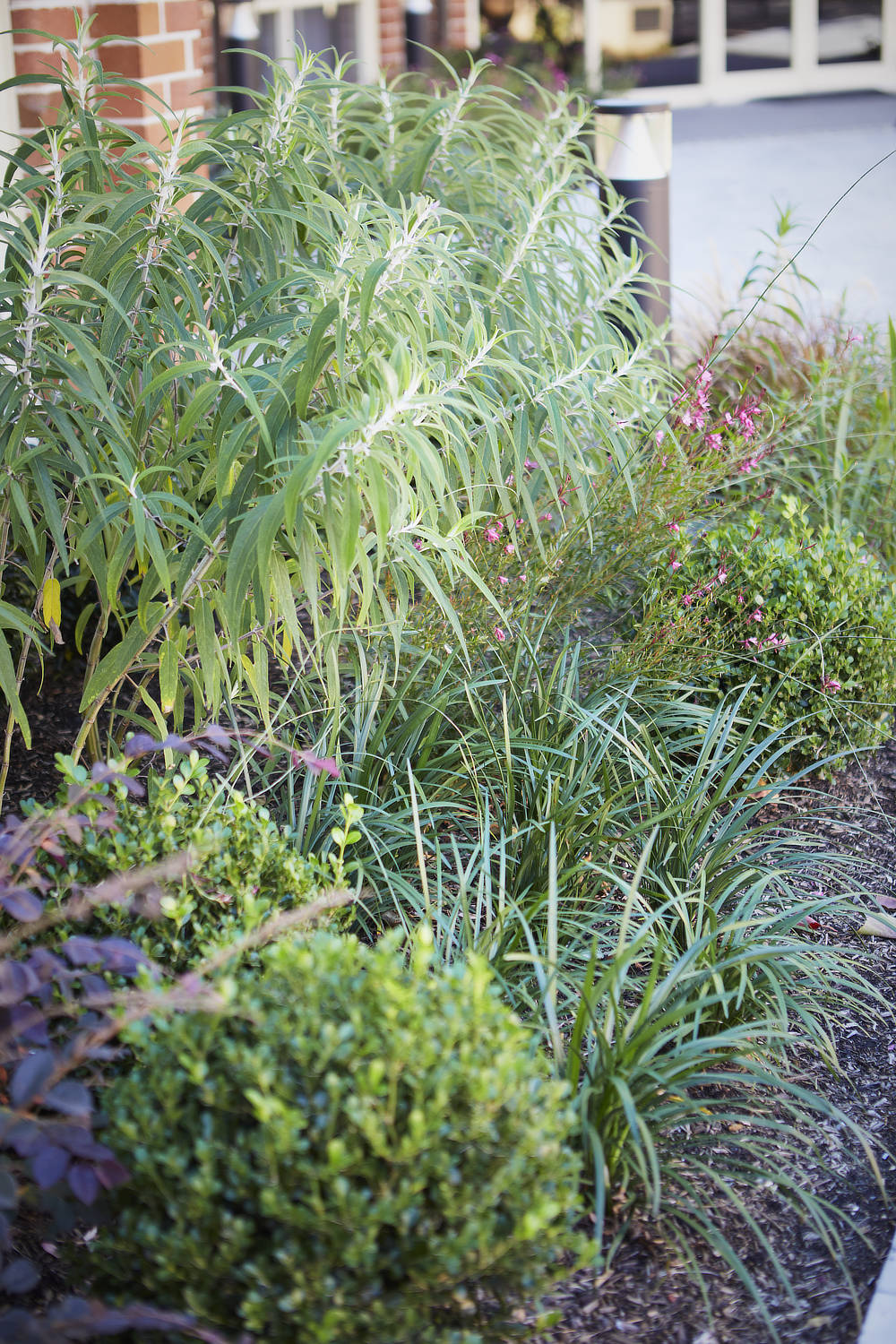If there is one thing you can do for your garden right now that will make the most impact, it’s ensuring your garden has an application of mulch and that it is at the correct depth. Mulching your garden beds, especially during the heat does so many wonderful things for your garden.
Firstly, it slows water flow into the soil. This is vital for effective watering as it percolates through the ground slowly soaking it all the way through, almost like if you were to place a sponge into a tray of water allowing it to fill every open pour – but in reverse allowing gravity to give the soaking effect.
Mulch also helps to prevent water run-off. With climate change and the addition of fast heavy dumps of water in the garden from storms one important way to slow the movement of this water is with mulch. Pebbles, gravel and even leaf litter will reduce the flow of water into the storm drains and redirect it down into the soil for our plants to use.
An application of mulch on the surface of the soil works like a blanket and insulates the temperature of the ground beneath it. This means your root zone is less stressed by heat, plants will take up water more effectively and it also protects the complex diversity of microorganisms in the soil, all leading to a healthy drought tolerant soil. The introduction of this insulating blanket of mulch also aids in the reduction of evaporation from the soil, holding onto moisture for longer making it available to your plants.
Although a layer of mulch won’t stop a weed seed from germinating if its dropped on the top, normally from animals and birds, but it will help to supress weed growth coming up from the ground below. I think it’s always best practice to give the garden a good weeding, either by hand or spray and letting it die right back before applying new mulch to maximise this benefit.
Natural, organic mulches are also a long-term slow-release fertiliser for your plants. As it breaks down the nutrients held in the mulch are returned to the soil and the plants can take them up aiding in healthy and robust growth. If all these reasons are not enough to get you out into the garden this weekend mulching it also makes your garden look good! An application of mulch will smooth out any lumps and bumps and give your garden a well-manicured and cared for appearance.
When applying mulch, the optimum depth is 75mm or 7.5cm. This will allow natural rainfall to get down into the soil easily whilst maintaining all the benefits listed. Too much and you stop water getting down and create a false topsoil and too little and you don’t get the insulating or weed supressing benefits.
I prefer organic mulch such as wood chips or straw over gravels or pebbles as the break down and feed but never use fresh chippings or clippings, even you can get them in bulk for free from a tree surgeon. This fresh material will actually suck nitrogen from your soil sending it backwards and only release it again once it has broken down, and that takes time. Fresh clippings may also contain high contents of oils and tannins found in native plants such as eucalypts. If this material is not composted properly before applying it can also cause issues in the garden too.


